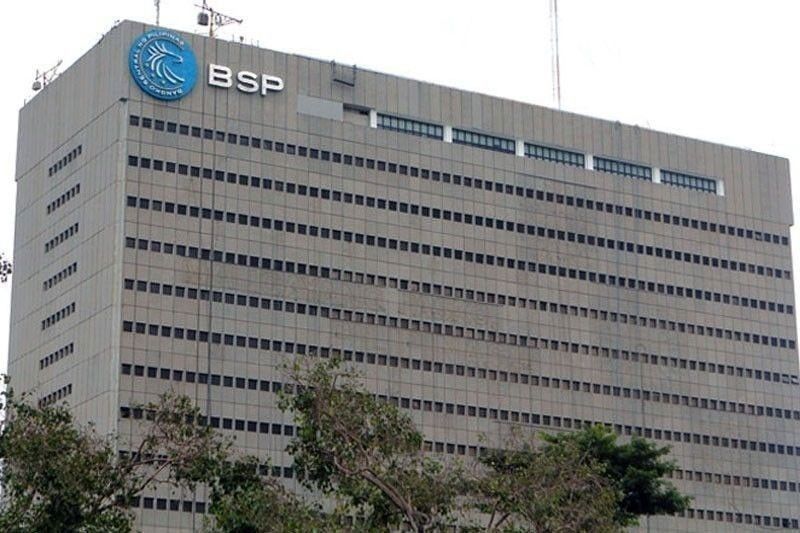BSP seeks to reduce fees on fund transfers

MANILA, Philippines — The Bangko Sentral ng Pilipinas (BSP) is urging banks and financial institutions to reduce or eliminate fees for electronic fund transfer to boost the government’s efforts to transform the Philippines into a cash-lite from a cash-heavy economy.
During the Annual Reception for the Banking Community Friday, BSP Governor Felipe Medalla said the central bank is ready to work with the industry to find ways to eliminate fees on small-value fund transfers and to incentivize more Filipinos to use digital payments.
With a theme “A Future-Ready Philippines: Digital, Sustainable, and Inclusive,” Medalla told participants of the Bankers Night that electronic fund transfers via PESONet and InstaPay continue to help grow the share of digital transactions in total payments steadily.
However, the BSP chief stressed the need to make digitalization more inclusive.
“And one way to make it more inclusive, and I’m sure we can work together to achieve it, is if small transactions…will be free of charge so that the poor can also use digital payments. Because if the transaction is small and the fee is P15 - it’s quite large relative to the transaction,” Medalla said.
He said that there is a need to explore a cost-sharing system since the P15 fee for a P200 transaction is quite large relative to the amount being sent.
“And I’m sure, with the way that we’re able to work together in the past, we, the BSP, and our partners in the banking system will be able to work together to find a cost-sharing system that excludes small payments from fees, provided it’s below a certain number of transactions, let’s say, three, three per day. And there is a way of sharing costs,” Medalla added.
Latest data from the central bank showed that the value of electronic fund transfers coursed through the PESONet and InstaPay jumped by 36 percent to hit P955.9 billion in January from P702.6 billion in the same month last year as combined volume jumped by 25.8 percent to 58.922 million from 46.83 million.
In 2022, the combined value of PESONet and InstaPay transactions jumped by 36 percent to P9.94 trillion from P7.24 trillion in 2021 as volume increased by 21 percent to 633.46 million from 523.59 million.
According to him, another option is to further cut the reserve requirement ratio (RRR) or the level of funds banks are required to keep with the BSP.
“We may even consider cutting the reserve requirement to enable banks to make these concessions. After all, the true measure of an effective policy lies in its complexity but in its ability to bring those at the margins into the fold,” Medalla said.
During the height of the global health crisis, the regulator reduced the RRR of big banks to 12 percent. From a high of 18 percent, the BSP aims to reduce the country’s RRR, the highest in the region, to single digit by 2023.
“I promise you, the central bank, will be in a greater hurry to cut reserve requirements so you can afford to give those (concessions),” he said.
Medalla said the BSP continues to boost cybersecurity efforts to address emerging risks and maintain public trust in the digital financial ecosystem.
“Sometimes, when one event that is unpleasant gets reported and reported, it seems like it’s a lot more frequent than what it really is. That’s why, it is very, very important to address complaints very quickly. So, among these initiatives is the (cybersecurity awareness campaign) Check, protect, and report,” he said.
Medalla said the central bank remains committed to championing financial inclusion in digitalization to build a technologically advanced, environmentally friendly responsible, and financially inclusive economy.
- Latest
- Trending





























